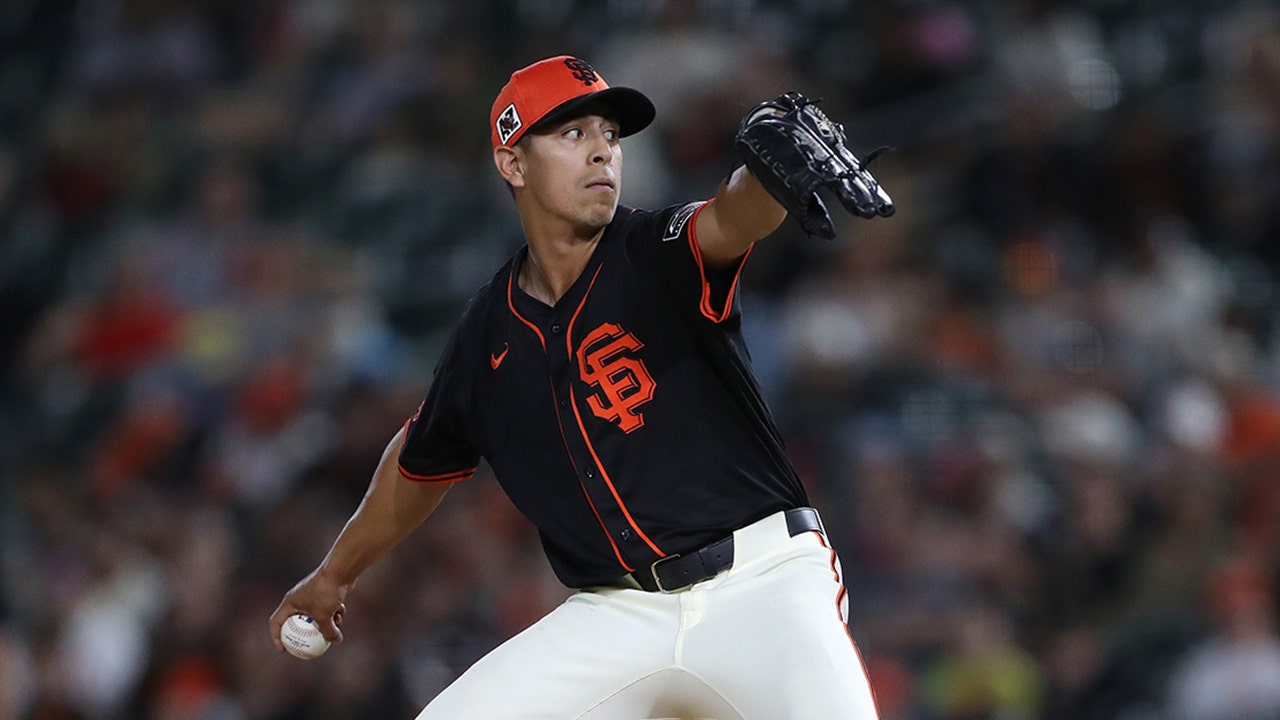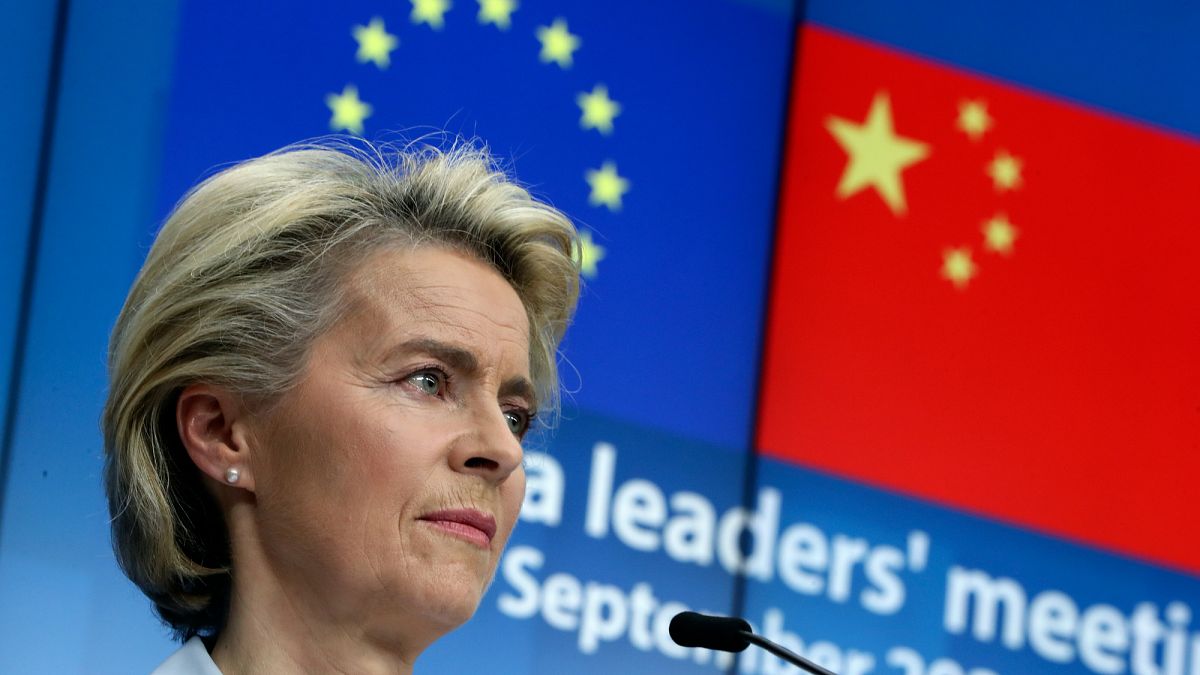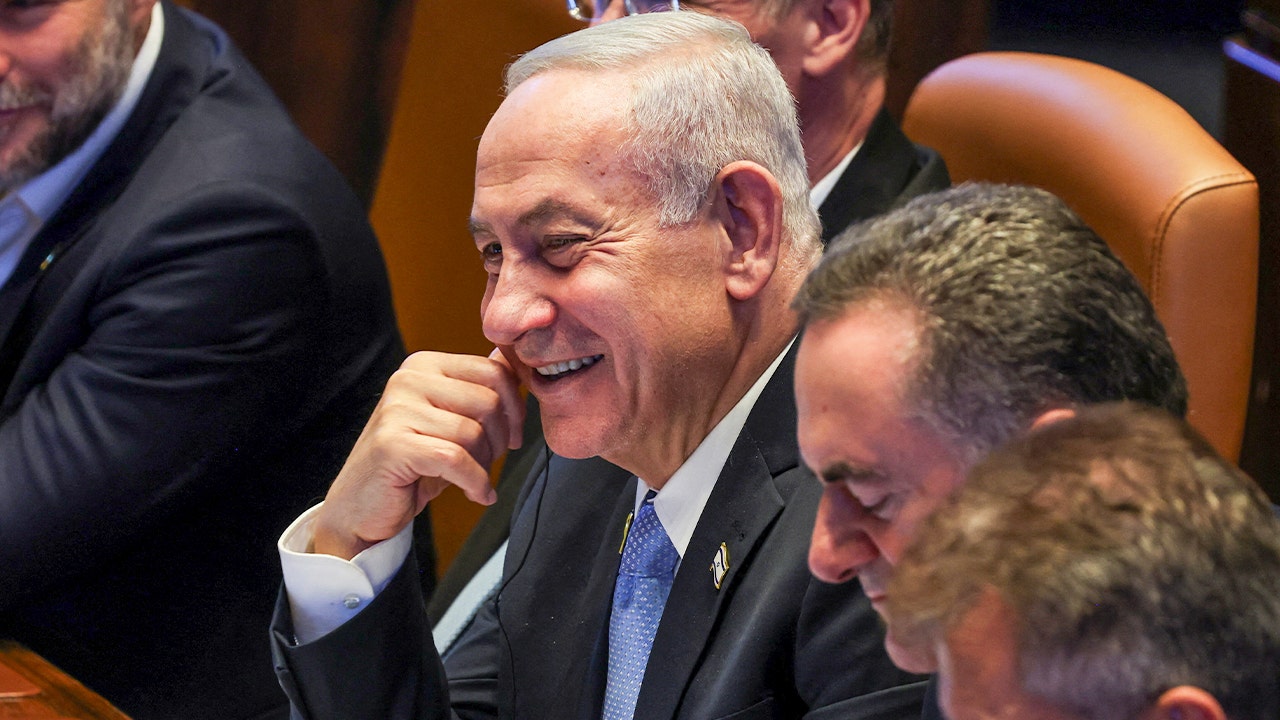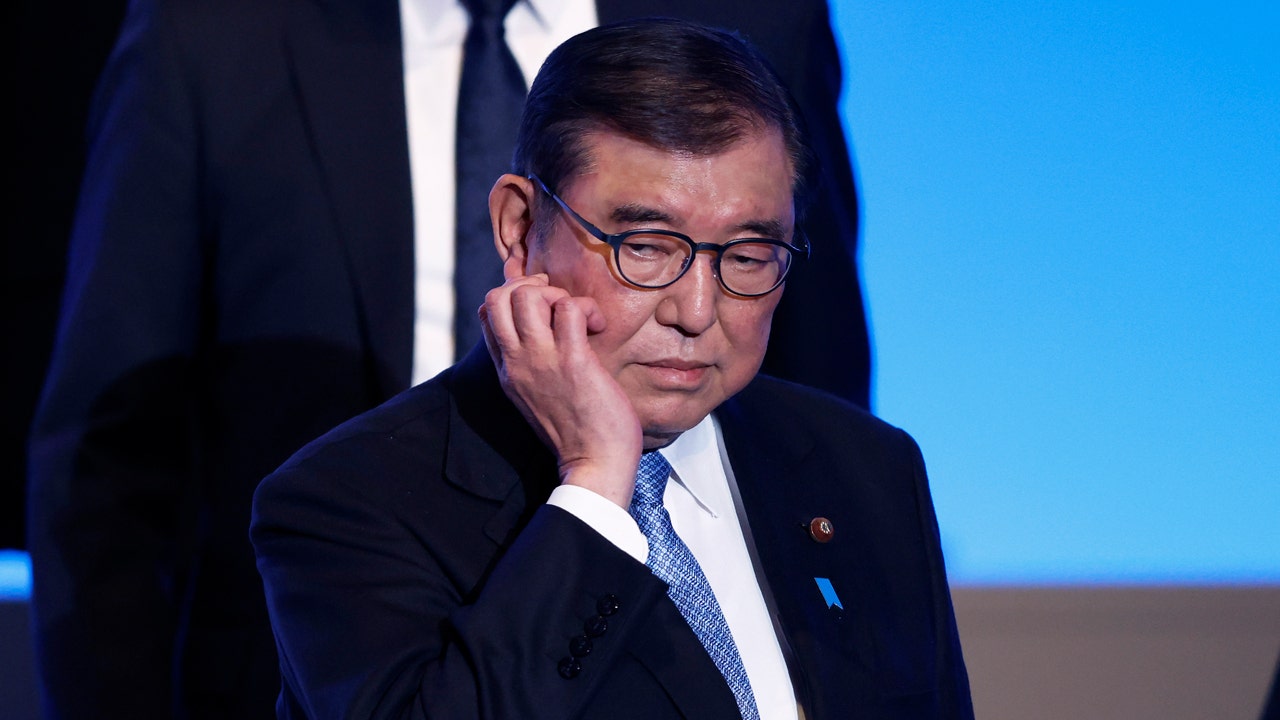The road to a diplomatic reset in EU-China relations is paved with escalating tit-for-tat trade measures, casting a shadow over efforts to ease long-standing disputes.
On Tuesday, Chinese authorities announced a six-month extension of their anti-dumping investigation into pork imports from the EU, citing the complexity of the case as justification for the delay.
Initially launched in June 2024, the probe will now run until the end of the year, targeting more than €1.75 billion in pork exports, particularly from Spain, the Netherlands, and Denmark.
The announcement came as Brussels and Beijing are seeking to stabilise relations despite years of friction, exacerbated by US president’s trade war against China and a shifting global order. A crucial milestone in this process will be the EU-China summit, now confirmed for the second half of July 2025 in Beijing.
But China’s extension of the investigation into pork imports show that the trade relationship between the EU and China is still fraught, with each side using sensitive sectors, such as electric vehicles for the EU and agriculture for China, as leverage in their negotiations.
Pork is a strategically important product for both sides: China is the world’s largest consumer, and EU farmers export significant quantities of offal products like ears, feet, and snouts, which are highly valued in Chinese cuisine but have little value in other markets.
However, the pork investigation is viewed less as a genuine trade concern and more as a bargaining chip in wider trade negotiations.
EVs v. pork: leverage in play
The pork probe is widely interpreted as China’s response to the EU’s recent decision to impose tariffs of up to 45% on Chinese-made electric vehicles (EVs). Brussels argued the tariffs were necessary to counteract state subsidies and prevent market distortion, as Chinese EV manufacturers rapidly increase their presence in Europe.
At the time of their announcement, China sharply criticised the EU’s EV tariffs as protectionist, warning of “necessary measures” to defend national interests, signalling that Tuesday’s extension of the pork probe might now be part of a broader strategic play.
Key discussions on EV tariffs recently took place in Paris, where Chinese commerce minister Wang Wentao met with EU Trade Commissioner Maroš Šefčovič in talks that covered also broader concerns such as rare earth export controls and public procurement access.
At the heart of the negotiations is a potential shift from punitive tariffs to a system of minimum prices for Chinese EVs. This approach aims to address the EU’s concerns about unfair competition while avoiding outright trade barriers, potentially serving as a model for future high-tech trade frameworks.
“Negotiations for an agreement on a price undertaking, which would then replace the existing duties we have in place, are continuing at both technical and political level,” a European Commission spokesperson confirmed on Tuesday.
Rare earth minerals and future flashpoints
This latest clash echoes earlier episodes in China-EU trade relations. Last week, the EU hit back with restrictions on Chinese medical device makers, limiting their access to public procurement contracts in response to Beijing’s “Buy China” policy, which disadvantages EU firms in Chinese markets.
All these moves reflect an established pattern of reciprocal measures, with both sides targeting politically sensitive industries to gain a negotiating advantage.
Another potential flashpoint is China’s restriction of rare earth mineral exports, which are critical components for many EU manufacturing sectors. Though initially aimed at the United States, these restrictions have implications for Europe and are now part of a wider toolkit of Chinese leverage.
The EU now hopes that these restrictions will soon be lifted and addressed the topic in Paris’ talks last week.
“All we have so far is an indication from the Chinese government via a statement by the spokesperson for their Commerce Ministry that they are indeed looking at this issue and that they’re going to find a way to address it,” said a European Commission spokesperson on Tuesday.
“As far as we know, nothing has been formally communicated to us in a structured way,” the spokesperson continued, adding that once the bloc receives such communication, it will need time to assess it.
Outlook for July summit
Amid the back-and-forth, there have also been signs of goodwill. China recently expanded market access for certain Spanish food products in an apparent signal that it remains open to negotiation.
A crucial milestone in this process is the EU-China summit, now confirmed for the second half of July 2025 in Beijing.
Both sides hope it will serve as a platform to recalibrate their economic ties and potentially defuse one of the most complex and consequential trade disputes of the decade.
Read the full article here
















